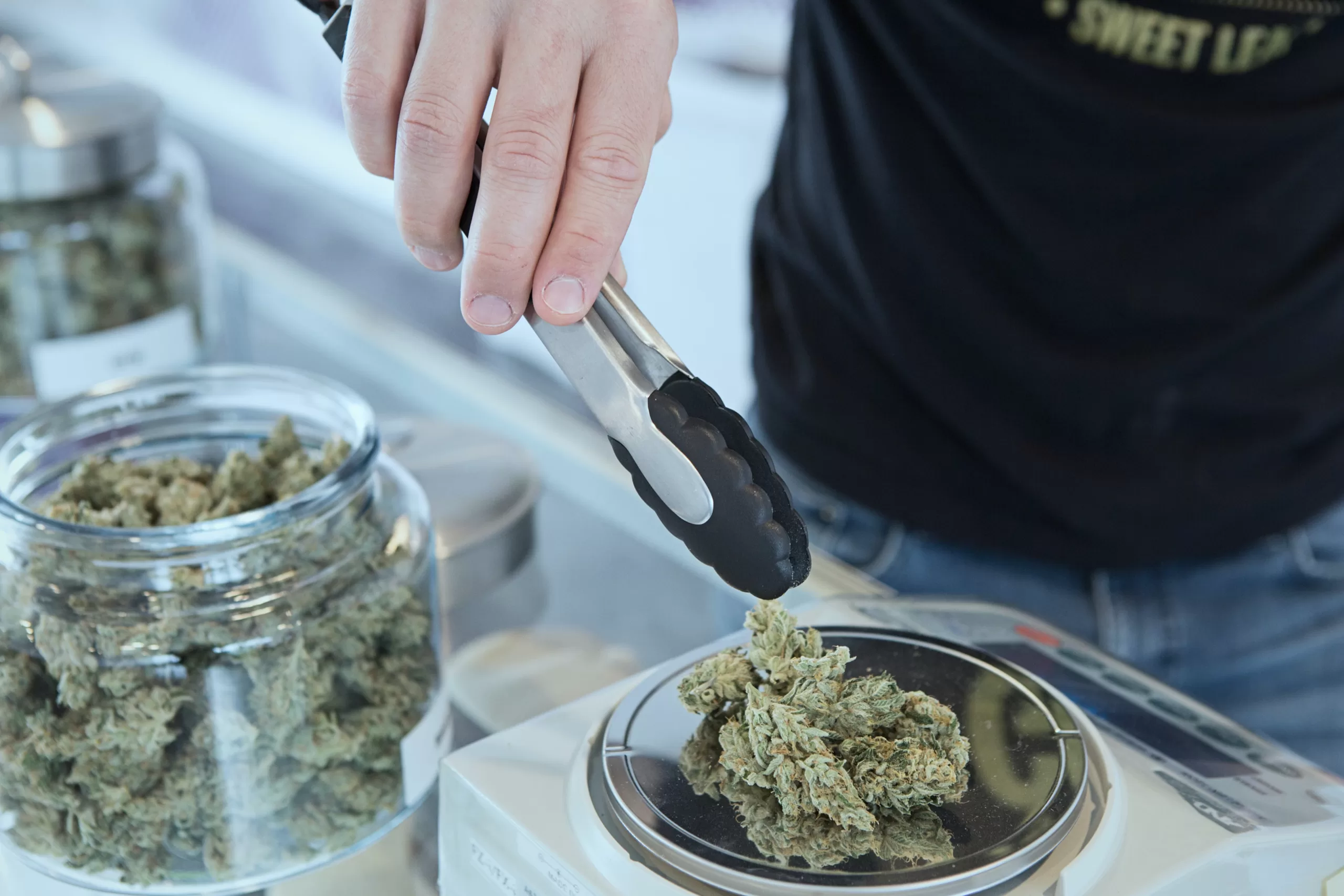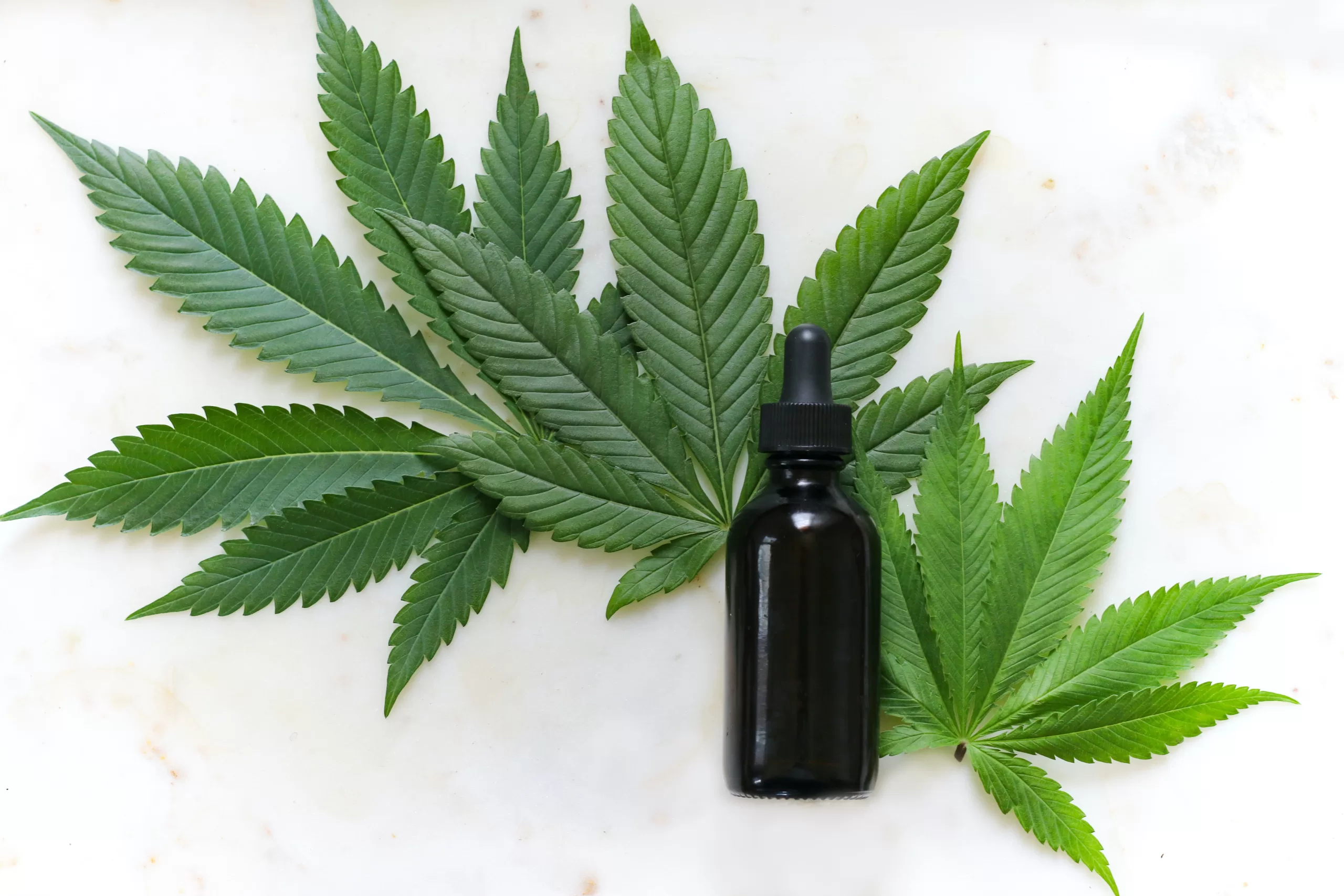Recreational Marijuana Regulations
It’s no dream. On January 1st recreational marijuana will be legal in the state of California. The approval of Proposition 64 by Californian voters permits the purchase and consumption of marijuana by anyone over 21 years of age.
Furthermore, it’s important to note that the law not only allows for the cultivation of up to 6 plants per residence but also permits the consumption of the marijuana produced by these plants. However, it’s crucial to bear in mind that you shouldn’t deceive yourself into thinking that on ‘day one’, you can simply amble down to your neighborhood pot store, hand over some cash, and leave with your favorite strain. Aint going to happen.
This week state regulators released rules governing this burgeoning multi-billion-dollar industry, all 276 pages. Moreover, despite the fact that California has an extensive Medical Marijuana network, new regulations are making significant changes to growing, harvesting, retailing, and permitting the happy weed.
California regulators, including the Department of Food and Agriculture for cultivators, the Department of Public Health for manufacturers, and the Department of Consumer Affair’s Bureau of Cannabis Control, did what regulators do best. They wrote volumes of rules governing the recreational marijuana business.
Recreational Marijuana California’s rules:
- Cannabis businesses cannot be within 600 feet of a school or youth center;
- Shops must close by 10 p.m. and require 24-hour video surveillance;
- Producers must produce edible products in serving sizes of no more than 10 milligrams of THC.
- The pot must be delivered by car and truck only. No drones, rail, aircraft, watercraft, rail, or human-powered vehicles.
- Authorities will only allow shopkeepers to provide free cannabis products to medical patients or their caregivers.;
- Hosting a cannabis event will require a special license;
- Until July 1, you can still sell untested products, but you must label them as such.;
-
You are allowed to advertise your goods only in outlets where at least 71.6 percent of the audience is reasonably expected to be 21 years of age or older.
- Furthermore, product labels must not be decorated with cartoons or any other marketing that targets kids;
- Pot growers and manufacturers cannot use the term “candy” in any of their brandings;
- Businesses cannot mix pot with alcohol, nicotine, caffeine, or seafood;
- Producing products in the shape of a human being, animal, insect, or fruit is prohibited.

Where will Recreational Marijuana be sold?
Not every city in California welcomes the sale of recreational pots. Los Angeles approved rules governing the sale of recreational marijuana, joining San Francisco, San Diego, Oakland, and San Jose. However, Riverside, Fresno, Bakersfield, Pasadena, and Anaheim have opted out for now. They will play a “wait and see” game and revisit it in 2018.
Los Angeles is about to become one of the hottest marijuana markets, but it could take several months or even a year before most of the state can have access to it within a half-hour drive.
California legalized medical weed in 1996, but it was not until 2016 that voters finally approved recreational marijuana in California. The law is set to take effect on January 1, 2018. Los Angeles expects up to $50 million in tax revenue from recreational sales next year; the city made $21 million in taxes on the medical marijuana industry in 2016.
Pot Banking
States that have already legalized marijuana are finding it very difficult to manage their finances. Banks are very uneasy about doing business with the marijuana industry for fear of retribution from the Feds. Some retailers have even investigated Bitcoin and a small few are actually trying this as a solution to a very thorny problem.
California has a possible solution and it could be the first of its kind in the nation. The state, banks, and federal regulators have been in talks to develop a plan that will allow banks to serve a marijuana market.
Industry experts expect the market to grow to $7 billion annually by 2020.
The banking proposal would be to designate one bank as a central bank that would hold accounts from other banks that are doing business with marijuana firms. When a pot retailer wants to pay a distributor for a crop, the transaction will go from the retailer’s bank through the central bank, which would instantly clear payment through the distributor’s bank.
This banking setup will allow for:
- greater oversight
- filing of suspicious activity reports
- Tracking number and scope of transactions
- federal government special restrictions followed
Today transactions are all cash for the customer and the retailer, grower, and distributor. If California can execute this banking plan, you may soon be able to buy your product with a credit or debit card. The retailer will also use the banking system eliminating the large amounts of cash sitting n their shops just ripe for robbery and violence.
Jobs, Jobs, Jobs
One of the things to blossom in California’s emerging pot industry is not green and leafy; it is government jobs. The state is looking to hire hundreds of new government positions by 2019 intended to bring order to the legal pot economy. Some of the jobs are high-level scientific jobs, others are to run background checks on storefront sellers who want government licenses. Local governments expect to add thousands of additional jobs. Last January, the Bureau of Cannabis Control, the state’s chief regulatory agency overseeing the pot market, had just 11 full-time workers. Now, it is more than doubled, and by February the agency expects to have more than 100 staffers.
Final Thoughts
If you planning on doing some California Dreaming be sure to do a lot of California Planning. Do your homework and check out where recreational marijuana dispensaries are located and if they are ready to sell. Browse the Leafly website for up-to-date dispensary information. They will point you in the right direction for where the recreational marijuana dispensaries are, what they sell, and who is open for business.
Lastly, California will phase in stiffer regulations and testing requirements next year. Dispensaries will have a 6-month permit to sell untested weed as long as they mark it. Is it Buyer Beware or overhyped? One seller thinks it is funny and states that we have been smoking weed for 30,40,50 years and it has never been an issue.







